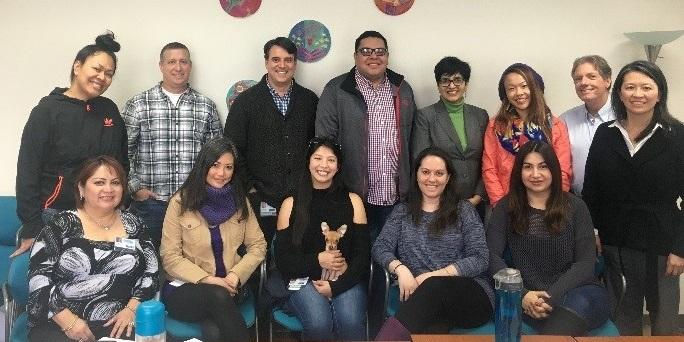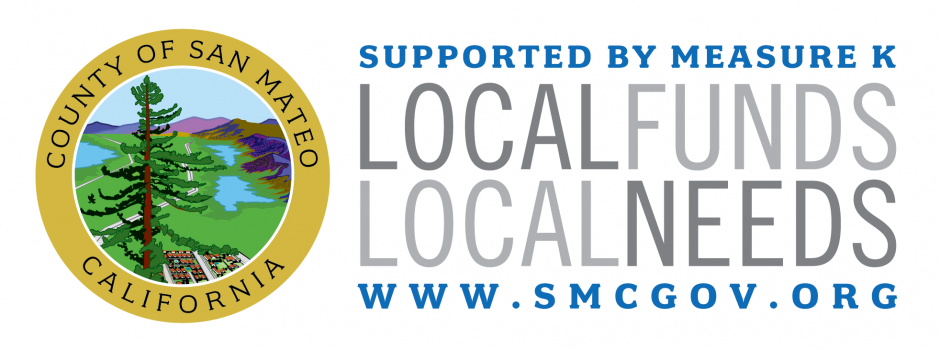Reaching Young Adults In Crisis
Measure K Expands Team to Support Young Adults
Measure K funding to the BHRS Transitional Age Youth (TAY) program, which began in FY 14/15, expanded the staffing and services provided by the Youth to Adult Transition team, and has allowed San Mateo County to increasingly meet the behavioral health needs of its young adult population.
TAY provides intensive mental health services to 18 to 25-year-olds with a qualifying diagnosis, who have or are eligible for Medi-Cal.
This expansion allows for the BHRS TAY clinicians to be on-call to the Psychiatric Emergency Services (PES) at the San Mateo Medical Center staff 7 days a week, from 9:30 a.m. to 6:30 p.m. to respond to 18 to 22-year-olds admitted to PES. They provide a face-to-face interview, collaboration and consultation with the PES staff and outside providers, and immediate follow up upon discharge from PES and inpatient hospitalizations.
The BHRS TAY clinicians interview and follow approximately 225 18 to 22-year-olds per year who are admitted to PES. In FY 17/18, the team has interviewed and followed approximately 75 to 80 percent of all 18 to 22-year-old admissions to PES.
The program data illustrates a significant reduction in return PES visits, reduced utilization of hospital resources, and a significant reduction in the total number of 18 to 22-year-olds being admitted to PES overall.
The combination of timely contact and support during the initial crisis event, immediate follow up and linkage to services, in addition to services that are largely community-based and TAY focused, appear to be key factors in the program’s success to this point.
The BHRS TAY Program is often referred to as “YTAC,” or the Youth Transition Assessment Committee. This committee is another main referral pathway to TAY mental health services in San Mateo County.
For more information on TAY, check out this PowerPoint, email program supervisor Mary Stavn LCSW, or call 650-599-1071.

